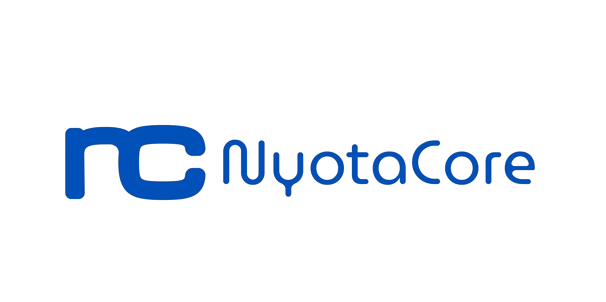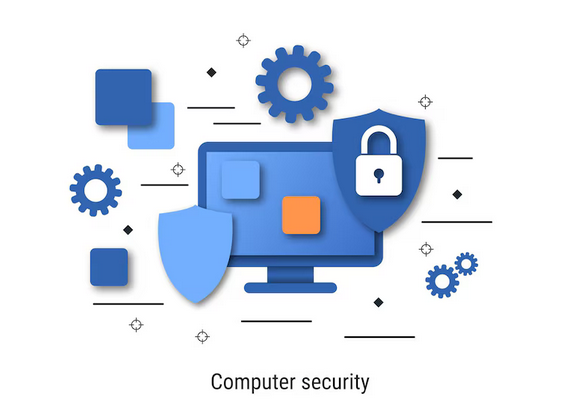In Nigeria’s fast-growing digital economy, Virtual Top-Up (VTU) platforms have become incredibly popular. These sites allow users to purchase airtime, data bundles, and utility tokens online — often at discounted prices. But as the industry expands, a troubling trend is emerging: many VTU websites are critically insecure.
Whether it’s poor development practices, outdated plugins, or a lack of basic encryption, these vulnerabilities aren’t just technical issues — they’re ticking time bombs for both platform owners and their users.
The Rise of VTU Platforms in Nigeria
VTU platforms offer a lucrative opportunity. With just a basic website and a connection to APIs from telecom providers, anyone can set up a platform that sells digital products 24/7. Entrepreneurs love it. Users love the convenience. But in the rush to go live, many site owners skip one crucial step: security.
Common Security Issues on Nigerian VTU Sites
1. Lack of HTTPS (SSL Certificates)
A shocking number of VTU sites still don’t use HTTPS — meaning data transferred between the user and the server is unencrypted. This exposes sensitive info like phone numbers, login details, and card info to interception.
2. Weak Login Systems
Some platforms use default admin credentials or weak authentication systems. Without features like two-factor authentication (2FA) or even proper password hashing, these sites are prime targets for brute-force attacks.
3. Outdated WordPress Setups
Many VTU sites are built on WordPress with cheap or free themes. Unfortunately, these often come with unpatched vulnerabilities. Outdated plugins, poor code hygiene, and lack of updates open the door to exploits and defacements.
4. No Protection Against SQL Injection & XSS
Basic web security principles — like sanitizing form inputs — are often ignored. As a result, attackers can inject malicious code, steal data, or manipulate databases.
5. No Regular VAPT or Security Monitoring
Very few VTU owners invest in Vulnerability Assessment and Penetration Testing (VAPT) or regular malware scans. This leaves them blind to ongoing threats and gives attackers a long runway to do damage.
Real-World Risks
- Data Breaches: Users’ personal information — including names, numbers, and payment history — can be leaked.
- Financial Fraud: Weak security can lead to unauthorized transactions, costing users and damaging brand trust.
- Site Hijacking: Hackers can take over the entire platform, redirecting users to fake pages or stealing login details.
- Loss of Reputation: In Nigeria’s highly competitive VTU market, one breach can ruin user trust forever.
What VTU Site Owners Should Do
- Implement SSL Certificates
- Use HTTPS for all pages.
- Free options like Let’s Encrypt exist, so there’s no excuse not to.
- Secure Authentication Systems
- Use strong, unique admin passwords.
- Enable two-factor authentication (2FA) for all admin-level logins.
- Update Everything Regularly
- Keep WordPress, plugins, and themes updated.
- Remove unused or outdated software.
- Hire Professionals for Security Audits
At NyotaCore, we help VTU businesses run VAPT tests to uncover hidden vulnerabilities.
We also provide real-time monitoring and incident response services at a very small price.
Conclusion: Convenience Should Never Come at the Cost of Security
The VTU space in Nigeria is booming — but that growth comes with responsibility. If you’re running or planning to launch a VTU platform, prioritize security from Day 1. Your users’ trust and your business’s future depend on it.
At NyotaCore, we don’t just build VTU sites — we secure them. Whether you need a new platform, a full security audit, or help recovering from a breach, we’ve got your back.
Contact us today to learn how we can help you run a secure, trustworthy VTU business.



